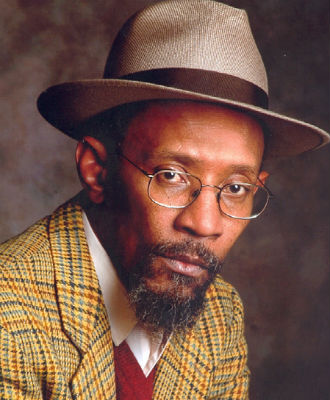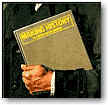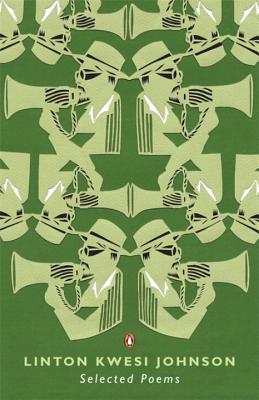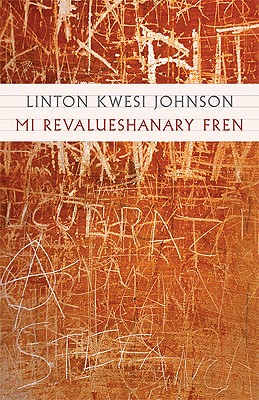Linton Kwesi Johnson
Biography of Linton Kwesi Johnson
|
|
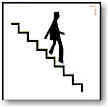 Bass Culture |
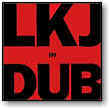 LKJ in Dub |
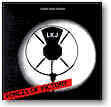 Forces of Victory |
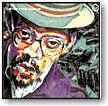 Reggae Greats |
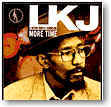 More Time |
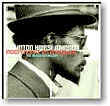 Independant Intavenshan: The Island Anthology |
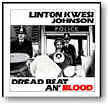 Dread Beat An’ Blood |
Linton Kwesi Johnson, aka LKJ, is a UK-based Jamaican-British dub poet. In 2002 he became the second living poet, and the only black poet, to be published in the Penguin Modern Classics series.
The Afro-American writers in the early days had a big influence on me. Amiri Baraka, Langston Hughes, Sonia Sanchez, Gwendolyn Brooks, Paul Laurence Dunbar, all of these Afro-American writers and then Caribbean writers like Edward kamu Brathwaite, who’s a more similar influence on modern Caribbean poetry. He’s influenced successive generations of young Caribbean writers. Martin Carter, the Guyanese poet, who for me is the political poet par-excellence. And then I was introduced to African writers like Christopher Okidbo from Nigeria, Gabrielo Carre and a few others whose names I can’t remember right now. - From Interview in1986, at the Fine Arts Center at SUNY Stony Brook.
Born in Kingston, Jamaica and raised in the Brixton section of London, Johnson invented dub poetry, a type of toasting descended from the deejay stylings of U-Roy and I-Roy. But whereas toasting tended to be hyperkinetic and given to fits of braggadocio, Johnson’s poetry (which is what it was — he was a published poet and journalist before he performed with a band) was more scripted and delivered in a more languid, slangy, streetwise style. Johnson’s grim realism and tales of racism in an England governed by Tories was scathingly critical. The Afro-Brits in Johnson’s poems are neglected by the government and persecuted by the police.
"Johnson invented dub poetry"
Johnson was also instrumental (with his friend Darcus Howe) in the publication of a socialist-oriented London-based newspaper, Race Today, that offered him and other like-minded Britons both black and white an outlet to discuss the racial issues that, under Margaret Thatcher’s reign, seemed to be tearing the country apart. For one so outspoken in his politics, Johnson’s recorded work, while politically explicit, is not simply a series of slogans or tuneful/danceable jeremiads. In fact, is was his second release, Forces of Victory, where his mix of politics and music united to stunning effect. Dennis Bovell and the Dub Band could swing (as in jazzy) more than many reggae bands, and guitarist John Kpiaye, the group’s secret weapon, offered deftly played, dazzlingly melodic solos. But it was Johnson’s moving poetry, galvanizing moments such as "Sonny’s Lettah" and "Fite Dem Back" that made it obvious that this was a major talent. (photo Danny DaCosta, 2003)
Excerpted from, John Dougan, All Music Guide
Learn more at Linton Kwesi Johnson’s official website.

